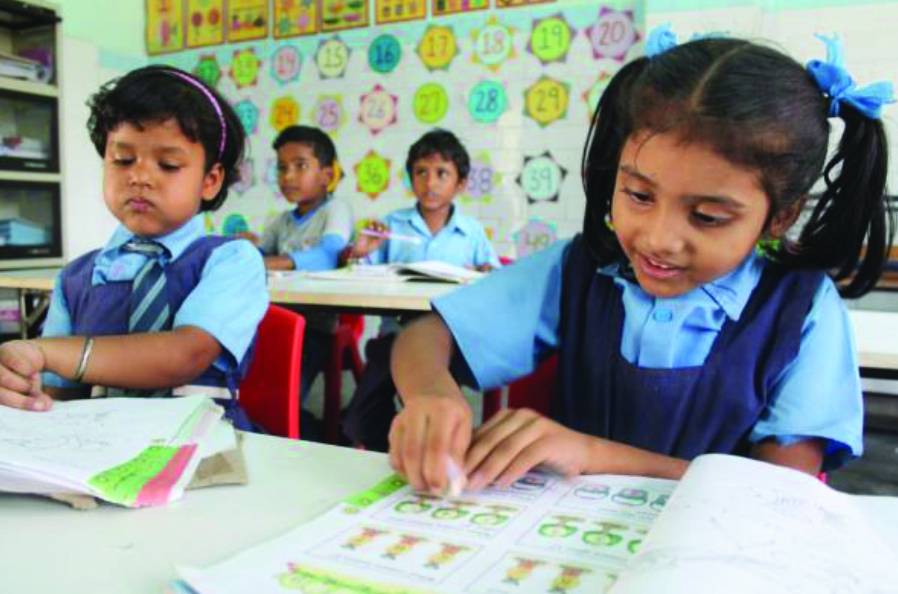
Delhi Nursery Admission: What Has Changed Over the Years
Introduction
Delhi’s nursery admission process has evolved significantly over the years, with changes in age criteria, admission policies, reservation rules, and digitalization. These changes aim to make the system more transparent, accessible, and fair for parents and students. This article explores how Delhi nursery admissions have transformed over time.
- Shift to an Online Admission Process
Then:
Earlier, parents had to physically visit multiple schools to collect and submit application forms.
The process was time-consuming and stressful, involving long queues and extensive paperwork.
Now:
Online application portals allow parents to apply for multiple schools from home.
Schools display admission criteria and seat availability online for greater transparency.
The Directorate of Education (DoE) website manages applications for EWS and DG quota admissions.
- Changes in Age Criteria
Then:
Different schools had varying age requirements, causing confusion among parents.
Now:
The Delhi government standardized the age limit:
Nursery (Pre-school): 3-4 years
KG (Pre-primary): 4-5 years
Class 1: 5-6 years
This ensures uniformity across all private and government schools.
- Introduction of the Points-Based System
Then:
Schools had inconsistent admission policies, often favoring certain applicants.
There were allegations of bias, favoritism, and lack of transparency in the selection process.
Now:
A points-based system determines selection based on criteria like:
Distance from school (neighborhood preference)
Sibling studying in the same school
Parents as alumni
Girl child preference (in some schools)
This system ensures fair and transparent selection while giving priority to local students.
- 25% EWS & DG Quota Implementation
Then:
No mandatory reservations for children from economically weaker sections (EWS) and disadvantaged groups (DG).
Many low-income families could not afford private education.
Now:
RTE Act mandates 25% reservation in private schools for EWS/DG students.
Admissions are conducted via a government-monitored lottery system.
Schools receive government reimbursement for students admitted under this quota.
- Fee Regulation & No Donations Policy
Then:
Some private schools demanded high admission fees and donations, making admissions expensive.
There was no strict fee regulation by authorities.
Now:
The Delhi government has strictly banned capitation fees and donations.
Parents can report fee hikes to the Fee Regulatory Committee for intervention.
- Digitalization & Transparency
Then:
Parents had limited access to information on seat availability, selection criteria, and application status.
Now:
Schools must publicly display their admission criteria and available seats.
Parents can track their child’s admission status online in real-time.
Conclusion
Over the years, Delhi’s nursery admission process has become more organized, transparent, and accessible. The introduction of online applications, age standardization, the points-based system, and RTE reservations has significantly improved the system. However, challenges like delayed reimbursements to schools and the need for better awareness among parents still exist. Continuous improvements will make the process smoother and fairer for all families.
Call us @ 8700740358
www.delhinurseryschooladmission.com
